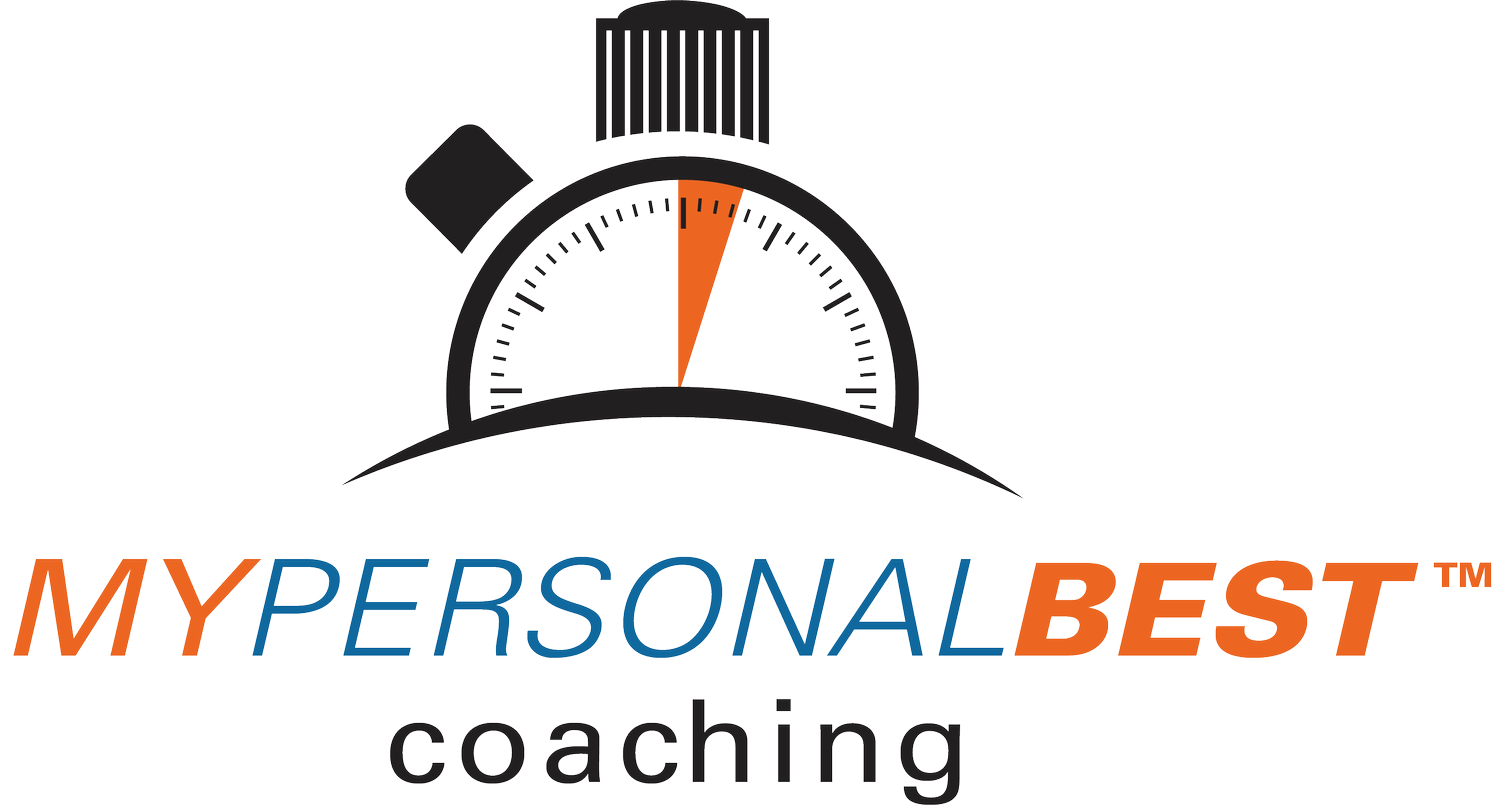Embracing Fear: Turning Hesitation into a Powerful Ally
As we enter a new year, it’s natural to think about the goals we want to achieve, the aspirations we’ve been nurturing, and the challenges we hope to conquer. But amidst the excitement of planning, there’s often an invisible barrier: fear.
One of the questions I ask in my goal-setting workshops is, What fears or hesitations held you back last year? This simple reflection opens the door to understanding how fear shapes our actions—or, in many cases, our inaction. Once we identify those fears, the next step is to recognize how they may still linger as we set goals for the upcoming year. Why does this matter? Because fear, unchecked or misunderstood, has the power to keep us from stepping boldly into the challenges our goals present.
The Relationship Between Fear and Progress
Fear is often seen as a roadblock. We either push it away and hide from it or fight against it. At first glance, these responses may seem different, but both create the same result: tension. When we run from fear, it becomes a shadow that looms larger over time. When we battle fear, we exhaust ourselves in a struggle that only feeds its strength.
But what if we stopped looking at fear as the enemy? What if, instead, we viewed it as an ally—a friend simply trying to signal something important to us?
Fear as a Friend, Not a Foe
We misunderstand fear because we focus on the discomfort it brings rather than the message it’s sending. When we look closer, we realize that fear isn’t just a warning of danger. It’s also a signal that we care deeply about what’s ahead. That presentation you’re afraid to give? It might reflect how much you value your work. That hesitation to start a new project? It could stem from your passion for doing it well.
Fear, in this way, is a mirror of our values. It doesn’t exist to paralyze us; it exists to guide us.
For example, fear may be signaling one of two things:
Caution – There’s a potential risk ahead, and you must proceed thoughtfully. This kind of fear protects us from recklessness and invites us to prepare.
Passion – You care so deeply about something that the thought of misstepping feels overwhelming. This type of fear can remind us of how meaningful the journey truly is.
Both are valuable signals. Both can teach us something about ourselves and our goals.
Embracing Fear on the Journey
When we learn to embrace fear as a companion rather than a problem to be solved, everything changes. Fear becomes less of a burden and more of a motivator—a guide helping us step into challenges with clarity and intention.
Here’s how you can start transforming your relationship with fear:
Pause and Listen
The next time you feel fear creeping in, pause. Instead of trying to push it away or fight it, ask yourself: What is this fear trying to tell me? Is it cautioning you to prepare more thoroughly? Or is it highlighting how much you care?
Reframe Fear as a Signal
Fear is not here to sabotage you. It’s a signal. It’s your mind’s way of asking you to slow down, reflect, or step carefully. Reframe it as a valuable input, not a threat.
Thank Your Fear
This might sound strange, but try thanking your fear. Say, Thank you for reminding me that this matters. Gratitude for fear can shift your mindset and reduce its intensity.
Act Anyway
Once you’ve acknowledged and embraced your fear, take action. Fear loses its power when you take even the smallest step forward. The courage to act is often the antidote to fear’s grip.
Fear as a Growth Partner
When we see fear for what it truly is—a signal of growth, care, and opportunity—it transforms from a limitation to a companion. By embracing fear, we can move forward with greater awareness and intention, making decisions that align with our values and the goals we want to achieve.
So, as you set your goals for this year, take a moment to reflect on your relationship with fear.
Don’t run from it. Don’t fight it.
Instead, welcome it as a friend. It’s here to help you step boldly into your challenges and guide you toward the best version of yourself.
After all, fear isn’t a roadblock—it’s a compass pointing you toward the things that matter most.


